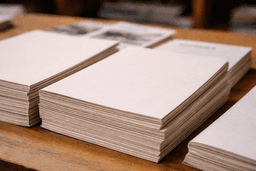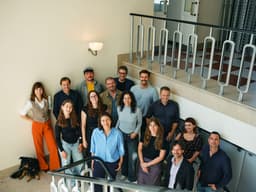
How Polish publisher OKO.press earned over half a million euros from readers' tax donations
Interview with OKO.press, a Polish nonprofit outlet, which uses local fiscal law to the benefit of its reader revenue model
The Fix Newsletter
Everything you need to know about European media market every week in your inbox
30 articles • 0 Followers










